A good website can do wonders for a business. It can boost engagement and conversion rates, to name a few.
Poor web design, on the other hand, does the exact opposite. It leads to mistrust, a drop in search rankings, and frustrated customers. With a poorly-designed site, you’ll probably have difficulty reaching customers in the first place!
That’s why investing in quality web development and design is essential for business growth. A website’s overall user experience and content can impact your bottom line in more ways than you think.
What is Web Development?
Web development is the process of creating web pages for the internet. There are many ways to approach it. For example, you could develop a website using a drag-and-drop builder or develop it through hard coding.
Websites require frontend and backend development:
- Frontend development focuses on the physical elements of a website, including its colour, font, layout, and graphics.
- Backend development covers the server side of the website. These include how the website works, its databases, plugins, and application programming (API).
When building your site, you can employ a front-end developer, back-end developer, or someone who applies their skills in both areas (known as “full-stack developers”).
The Importance of Web Development in Business Growth
1. Creates brand awareness
One of the biggest web development benefits in business is that it builds brand awareness.
How you build your site reveals a lot about your business. The way you showcase or manage your site can impact how customers perceive you. A well-designed and optimised website show that you’re a brand that cares about their users and wants to ensure that they have a hassle-free experience.
You can also express your brand identity by adding the following elements to your site:
- A logo of your business, organisation, or personal brand
- Your style guide: Colour palette, font style, etc.
- Images of your products or a behind-the-scenes look at your brand
2. Unlocks profitability
If you’re looking to make good profit and ROI, websites are the key to achieving that.
Unlike a physical store, websites are open 24/7 and allow you to generate sales around the clock. The internet, after all, is the largest market in the world. So market your website right and you get to tap into a large pool of potential customers.
There are also ways to make money off a site without selling products or services. Here are a few ideas:
A. Offer paid content. If you have expertly written and engaging website content, you can start generating income by selling subscriptions.
B. Sell online courses, webinars, or learning materials. Like selling articles, you can also offer valuable courses. Let’s say you’re a skilled content writer and created a masterclass for content marketing, then you could consider monetizing it.
C. Affiliate marketing. As an affiliate, you insert links on your website — whether it’s through a website banner, on your blog, etc. — and earn a percentage of sales each time a visitor clicks on the link and makes a purchase.
D. Ask for donations. If you start seeing more and more people visit your site, you could ask your community for donations. Simply share your account details or embed a payment platform on your website.
E. Sell your website. Whether you want to pursue new interests or lack the time to manage your site, then consider selling it. There have been websites that were sold for millions throughout the years. In 2011, for example, The Huffington Post acquired AOL for $315 million.
3. The long-term benefits of SEO
There are a whopping 1.5 billion websites in the world today. With so many sites competing with each other online, it can be a challenge to get noticed.
Enter SEO or search engine optimization. SEO, as the name implies, are a series of actions that improve your website’s visibility on search engines. An integral part of SEO is ensuring that your website is easy-to-navigate, has engaging content, and is mobile-friendly.
So why care about SEO in the first place? Unlike paid ads — which can be costly — an effective SEO campaign can drive continuous traffic to your site in the long run. And as you already know, the more quality traffic is sent to your site, the higher your conversions.
4. You get to create a content hub
Let’s say you’ve got a social media account and are actively using other channels like community sites or emails to distribute your content.
The only missing piece of the puzzle now is your content hub. Content hubs are an online repository of your brand’s best content. Whether it’s a thought leadership piece, an infographic, or a blog — content hubs are a great place to publish content that customers can engage with.
Content hubs are also a strategic way to attract search traffic. They allow you to create high-level content for complex topics in your niche, organise your topics in an SEO-friendly way, and rank for competitive keywords.
Even the biggest brands are doing it! American Express, Google, and Coca-Cola have embraced content hubs. Once you’ve determined what type of content you want to start publishing, you can easily develop a content hub using popular content management systems like WordPress.
5. Foster long-term customer relationships
Websites serve as a platform for you to connect with potential leads and loyal customers. By developing a website that’s fresh, well-designed, and functional, you can start generating long-term relationships with your customers.
Finding a Web Developer for Your Business
Now that you understand the benefits of web development for business, it’s time to start looking for the key component in all this: Your web developer.
Your web developer, or web development team, will take charge in creating the official “face” of your company. So it’s safe to say that they’re one of your business’s most critical hires.
When choosing a developer, you’ll need to consider different options, including:
- The type of developer you want to hire: Are you looking for someone who can handle your web hosting needs, server requirements, and database management? Then you may want to post an ad out for a backend developer.
Otherwise, if you’re looking for someone to design your user experience or develop sites for mobile, then you may be looking for a front-end developer.
- If you want to outsource or hire internally: Outsourcing web development services for business is quickly becoming a popular choice. One of the biggest advantages of this option is that it reduces labour costs.
On the other hand, there are still businesses that hire developers in-house for better control over their work.
Whether you hire a backend or frontend developer or choose to do it in-house or outsource the work, be sure to take your time in hiring. When you notice that they’re not a good fit, don’t hesitate to end their contract as an ineffective web developer can instantly hurt your bottom line.
Start Your Web Development Project Today
So you understand how web development helps businesses, now it’s time to put your web development project in full swing.
With the World Wide Web constantly evolving, web development will play a pivotal role in meeting user needs. As a result, take the time to learn more about it. You don’t necessarily need to learn how to code. Simply understanding website best practices as well as the basic components of a site is enough to help make your website the best it can be.










